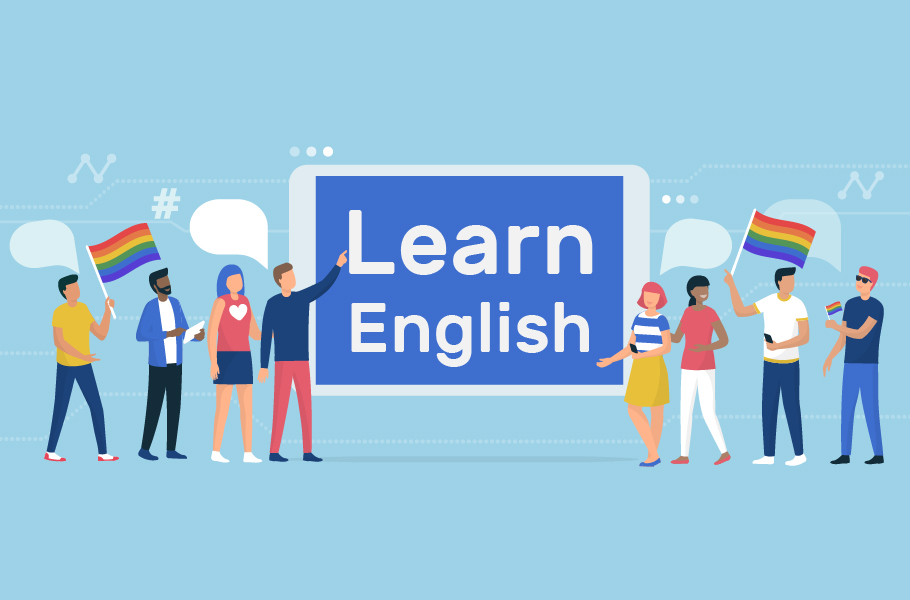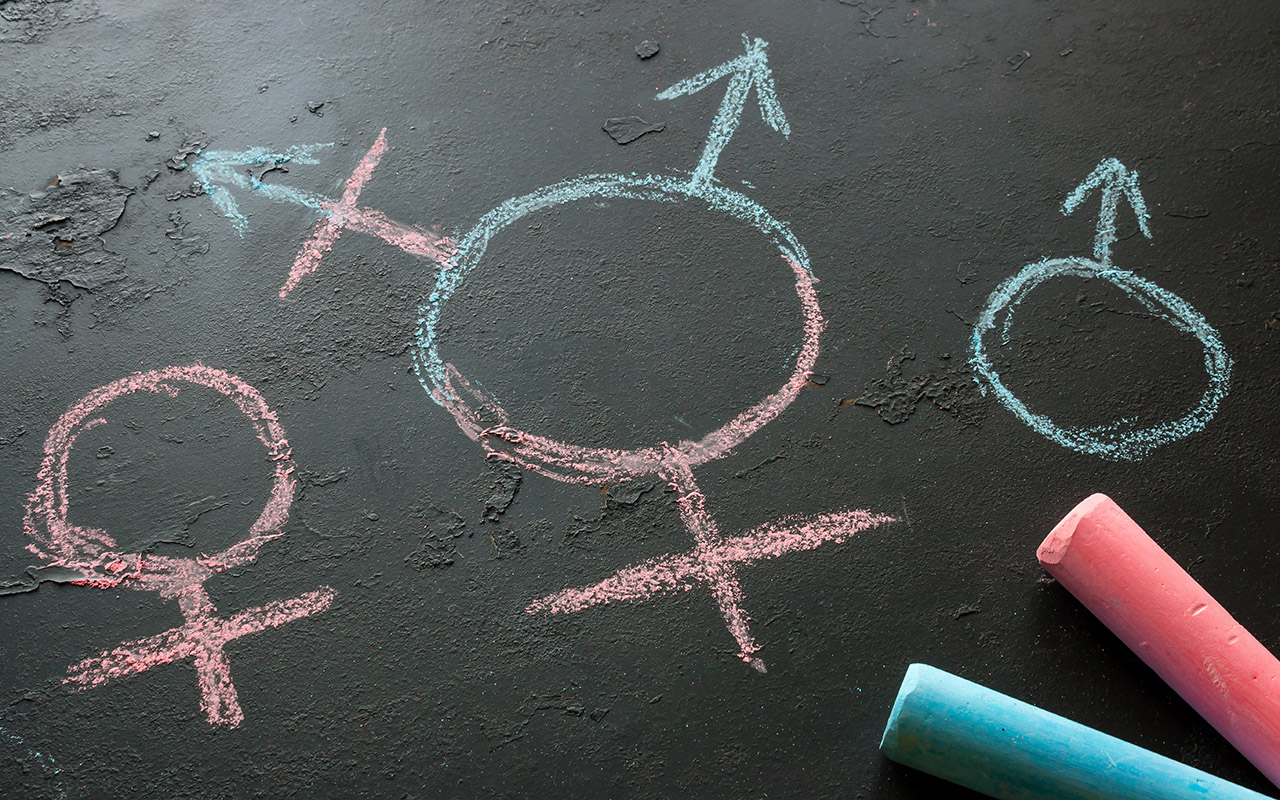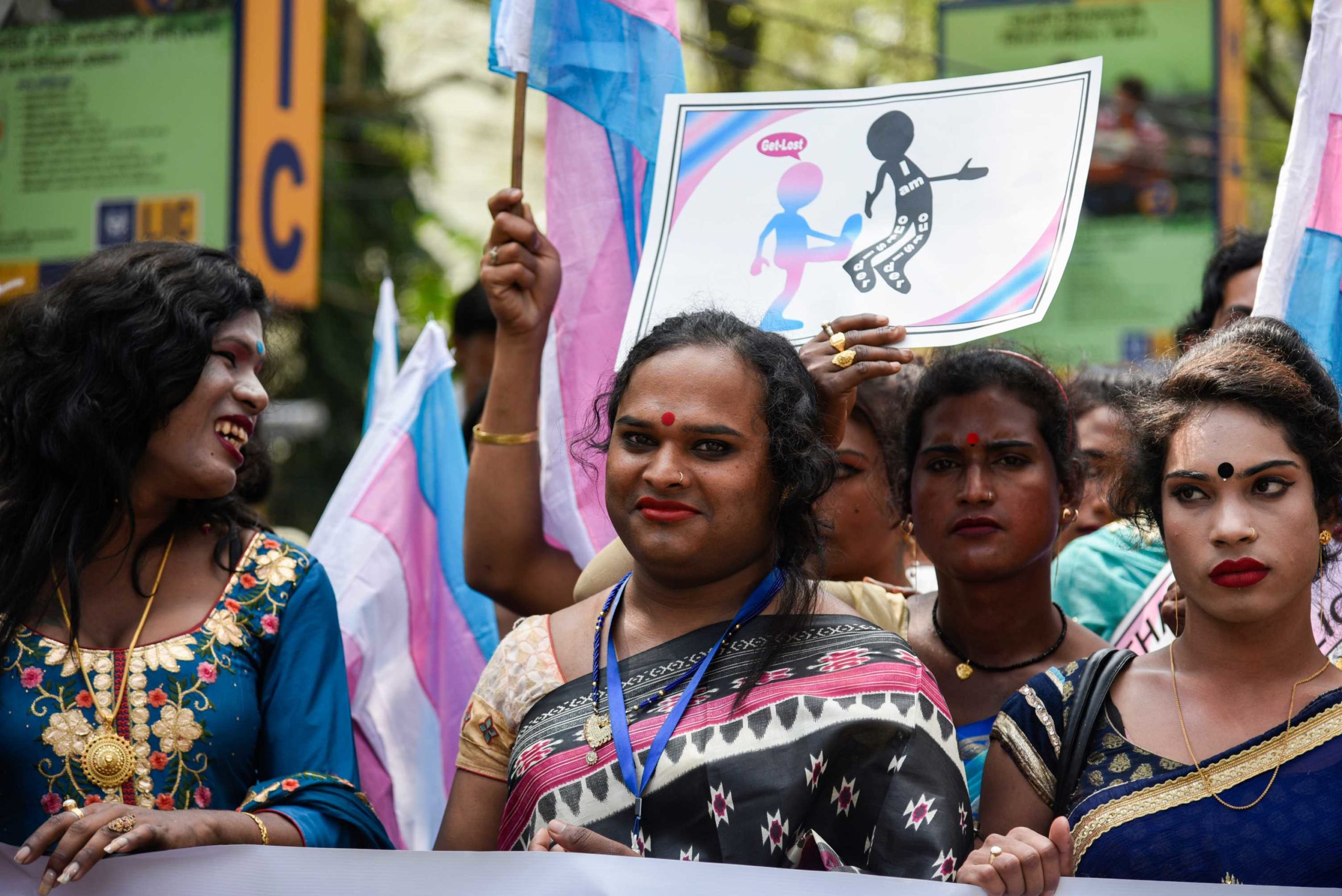
- Home
- News
- Analysis
- States
- Perspective
- Videos
- Education
- Entertainment
- Elections
- World Cup 2023
- Features
- Health
- Budget 2024-25
- Business
- Series
- NEET TANGLE
- Economy Series
- Earth Day
- Kashmir’s Frozen Turbulence
- India@75
- The legend of Ramjanmabhoomi
- Liberalisation@30
- How to tame a dragon
- Celebrating biodiversity
- Farm Matters
- 50 days of solitude
- Bringing Migrants Home
- Budget 2020
- Jharkhand Votes
- The Federal Investigates
- The Federal Impact
- Vanishing Sand
- Gandhi @ 150
- Andhra Today
- Field report
- Operation Gulmarg
- Pandemic @1 Mn in India
- The Federal Year-End
- The Zero Year
- Premium
- Science
- Brand studio
- Home
- NewsNews
- Analysis
- StatesStates
- PerspectivePerspective
- VideosVideos
- Entertainment
- ElectionsElections
- Sports
- Loading...
Sports - Features
- Budget 2024-25
- BusinessBusiness
- Premium
- Loading...
Premium

Will learning English help sexual minorities crack the job market?
If speaking English is “directly proportional” to one’s earning, the LGBTQIA+ community are only eager to learn the language and find a means to a better life.

These days Bengaluru resident Srilatha P ‘religiously’ gargles with warm salt water for at least two minutes before retiring for the day. It’s a new habit that Srilatha, who identifies herself as a transwoman, has cultivated. Is it because a lot of people are doing that hoping to keep coronavirus at bay? “No, not for that,” the 24-year-old clarifies. “I want to bring clarity to...
These days Bengaluru resident Srilatha P ‘religiously’ gargles with warm salt water for at least two minutes before retiring for the day. It’s a new habit that Srilatha, who identifies herself as a transwoman, has cultivated. Is it because a lot of people are doing that hoping to keep coronavirus at bay? “No, not for that,” the 24-year-old clarifies. “I want to bring clarity to my voice. I am learning to speak English,” she reveals with a sheepish smile.
Srilatha, who runs a tailoring shop from home, says English is her last hope for getting a job in a boutique. “My 13-year-old niece, Geetha, teaches me. I have no shame in learning from a child. It’s my dream to become a fashion designer. By working in a boutique, I will learn the tricks of fashion designing. In a space like a boutique, one has to speak English. That is how it works.”
Along with a job, Srilatha, like thousands of LGBTQIA+ people in Karnataka, wants “respect and dignity in life”. “English is a ticket to a better life,” Srilatha feels.
While discrimination and harassment follow different aspects of the lives of LGBTQIA+ people, including their search for jobs, education is out of reach for a lot of them. To land a job is not just about economic independence but social acceptance too for the LGBTQIA+ people.
Veena S, a transgender activist, points out that the literacy rate among the community is very low. “We mostly do two things—begging and sex work. Transgender persons face a huge amount of social discrimination in their daily lives. We have no access to education, so we remain unemployed and poor,” says Veena, who is a transwoman herself.
“We need job reservation in government departments. We also need reservation in schools and colleges. It is a long fight but English is a tool that would help our community overcome several barriers, including social ostracisation,” she adds.
Srilatha’s life echoes Veena’s concerns. “I left school halfway as I was harassed for my gender identity. I could not even finish my matriculation,” Srilatha laments. She initially did odd jobs and then her mother bought her a sewing machine. For the past two years now, Srilatha has been sewing clothes, mostly salwar suits and dresses, which she designs herself.
Summing up her experience of learning the language at an individual level, Srilatha says, “It is empowering.”
Making a fresh start
Srilatha’s observations on the importance of learning English found resonance at a job fair for sexual minorities in Bengaluru in January, conducted by Solidarity Foundation, an NGO that works with the LGBTQIA+ community.
However, it was quite clear that those who could speak English well had an edge over the others.

“Every job requires a basic proficiency in English today,” says Bhavani Kumaran, who leads the livelihood and wellbeing project at Solidarity Foundation.
But where to learn English? Kumaran seems to have an answer.
Since there is “no exclusive English coaching centre for the LGBTQIA+ community to prepare them for jobs”, Solidarity Foundation is working to build one on its own.
For a while now, the NGO has been collaborating with other organisations and coaching institutes to help LGBTQIA+ people learn skills such as computers, finance, accounting and spoken English, among others.
WinVinaya Foundation, a charitable trust that trains persons with disabilities, has prepared several LGBTQIA+ persons for jobs.
Kumaran admits that a lot needs to be done at institutional and government levels to train and make them job-ready. However, a lot is also happening at the individual level. Srilatha’s case is one such that The Federal witnessed.
An ‘English channel’ to the job market
Praveen (who goes by his first name only) is one of the six persons out of 20 candidates to get a job at the January job fair. The 38-year-old feels that “in today’s world, proficiency in English enhances one’s chances of getting a better job.”
Till January, he was earning a very meagre salary doing part-time jobs. Now, as a housekeeping staff in a software company, he earns about three times his earlier pay, says Praveen, who passed his higher secondary school exams from a Kannada-medium school.
Likewise, Nithyananda, who couldn’t land any job at the fair but was hired by a leading bank as a business developer in March, says “knowing English is a requisite skill”. The 36-year-old holds a master’s degree in multimedia.
Speak English, speak your mind
Akkai Padmashali, the most-recognised face of the LGBTQIA+ community from Bengaluru, is perhaps the best example of how one could reach a global audience with the help of English. Akkai, a transgender activist, motivational speaker and singer, “failed” to complete her school education “because of the discrimination and social ostracisation associated with her gender identity”. However, she made it a point to learn English and speak the language “fluently.”
It was Akkai’s dream to learn English. “I am a self-taught English speaker,” she laughs. “Every day, I pick up five words from the dictionary and learn their meaning. I compare the English words with Kannada, my mother tongue. I check their pronunciation and use them in my daily interaction. I am learning English not to be a linguist but to communicate better,” adds Akkai.
30 transgender #Students receive certificates for completing a skill course. Find out how it changed their world at: https://t.co/PkprpxHUrH pic.twitter.com/LTe2c4TUNQ
— Education Times (@educationtimes) May 10, 2021
In 2017, she grabbed a lot of eyeballs after raising the issue of the criminalisation of LGBTQIA+ community under Section 377 of the Indian Penal Code with former US president Barack Obama during his India visit. However, much to the relief of Akkai and thousands of others, the Supreme Court in 2018 ruled that the application of Section 377 to consensual homosexual sex between adults was “unconstitutional”.
The activist says speaking English is “directly proportional” to one’s earning. “For example, a sex worker has better chances of earning more if they speak basic English,” she adds.
In an effort to make the transgender community speak “basic English” her organisation, Ondede, launched a “mobile English-learning” initiative. It was to reach out to the working classes and non-English speaking groups.
“We have taught around 60 transgender persons most of whom have no education, basic English language skills. We visited the homes of transgender persons and taught them spoken and written English. But right now, we have stopped our mobile classes because of coronavirus,” informs Akkai.
Abuse, discrimination biggest job hurdles
Recalling the hardships endured to get a job, Praveen says, “it was really tough. Without a proper job, life becomes a huge burden”. Even after having a steady job, life is not without struggles.
Praveen says he did not disclose his identity at his workplace. All his life, from his school days till now, he has been bullied, harassed and humiliated for his gender identity. “I have endured a lot of humiliation and it has deeply affected my well-being.”
Nithyananda, who identifies himself as bisexual, says school and college days were worse. Abuse and humiliation were a daily affair during his growing up days. “I wept a lot as an adolescent. I felt very lonely and could not share my anguish with family and friends. Back in the early 90s, there was no social media or any such platforms to help create awareness,” recalls Nithyananda. “It has affected my personality, growth and career, directly and indirectly.”
What can governments do?
“It is not just jobs, the government has to identify us and give us recognition,” is the message from the LGBTQIA+ community.
Nithyananda feels “transgender persons still have public recognition”. “Others like gays, lesbians and bisexuals have no place. The government sectors must focus on the LGBTQIA+ community’s well-being and inclusion,” says Nithyananda.

The government has to create opportunities for the community to join the mainstream economy. “It should support our education. We must have a system that questions anyone who discriminates against LGBTQIA+ persons at any given point of time,” Nithyananda adds.
When it comes to the community, the government of Karnataka gives ₹500 monthly pension to transgender persons above 40. According to data up to 2017-18, only 4,461 transgender persons have benefited so far. The Bruhat Bengaluru Mahanagara Palike allocates ₹1 crore in its annual budget for transgender welfare, but nothing has changed on the ground, allege activists.
Create jobs for an inclusive society
Shubha Chacko, executive director at Solidarity Foundation, says creating job opportunities for the community is an attempt to build an “inclusive society.”
To which Akkai adds, “To speak English is not snobbery. It is to open up more opportunities for the community members.”
In the wake of the ongoing pandemic and the unimaginable loss, the importance of having a steady job or earning is being felt more and more among the LGBTQIA+ people. The situation is so bad that many are facing hunger and homelessness.
“The pandemic has affected the poor and marginalised the most and the LGBTQIA+ community is one among them. Especially those dependent on daily earnings have no income for more than a year now. Those involved in begging and sex work too have no earning,” says Chacko.
A lot of them, Chacko adds, are dependent on food packages distributed by charity organisations. “The second wave has made things worse. The situation is really bad.”
(Some names have been changed to protect identity)

